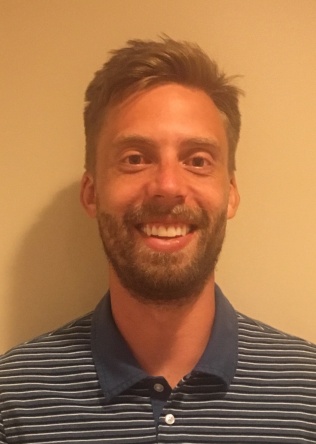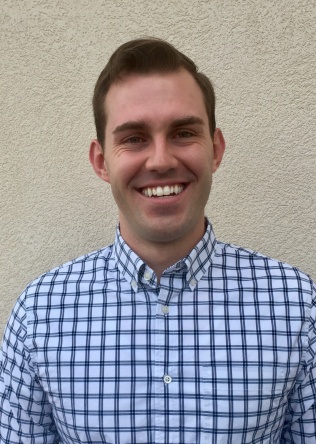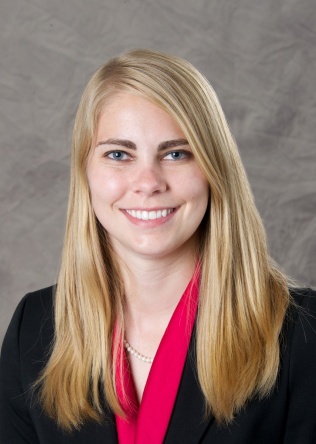Samantha Beik
Dora Obodo
Barrett Jones
Barrett Jones – completed his Bachelor of Science in Statistical Science, April 2015, from
Brigham Young University and a Master of Arts in Statistics, June 2019, from Columbia
University. Barrett was a PhD student funded by the NLM Training Grant (completed in 2024).
Russ Leftwich, MD
Aileen Wright, MD
Aileen Wright, MD, MS, is a board-certified internal medicine physician and clinical informatician. She received her MD from Yale University, completed a residency in Internal Medicine at Brigham and Women’s Hospital, an informatics fellowship at Vanderbilt University Medical Center (VUMC), and is currently a practicing primary care physician and Instructor in the Departments of Biomedical Informatics and Medicine at VUMC. Her research lies at the intersection of patient safety, quality, and health information technology. As leader of the VUMC Department of Medicine’s Epic physician builder program, she engineers and supports the development of tools for patient safety and quality improvement at VUMC. Her current projects include using machine learning to predict hypoglycemia in patients prescribed insulin, a randomized trial developed in collaboration with the Learning Health System at VUMC to study clinical decision support interventions to improve statin prescribing in primary care, and applications of large language models to healthcare. In 2024, she received a K23 award from NIDDK on the topic of preventing hypoglycemia in hospitalized patients.
Machine Intelligence Workshop Recording
Robert Turer
Dr. Rob Turer is originally from Ellicott City, Maryland. He pursued undergraduate training in Computer Engineering before obtaining his Masters in Biomedical Engineering at the University of Michigan. He moved south to Vanderbilt for medical school before returning to Michigan for his emergency medicine residency at the University of Michigan, where he also served as chief resident.
He returned to Nashville to pursue training in clinical informatics. He is interested in documentation practices, natural language processing, and investigating the effects of electronic health records on physician wellness.
In his spare time, Dr. Turer likes to cook with his wife, Laura, and play the guitar.
Thomas Brown
Thomas Brown – completed his Bachelor of Science in Biomedical Engineering, May 2018,
from the University of Utah. Thomas was a PhD student funded by the NLM BIDS Training Grant (completed 2024).
Lindsey Knake, MD
Lindsey Knake – completed her Doctor of Medicine, May 2015, from the University of Iowa.
Lindsey is in the Neonatology Fellowship in the Department of Pediatrics at Vanderbilt
University School of Medicine. She is a former DBMI Master's student funded by the NLM Training Grant.







